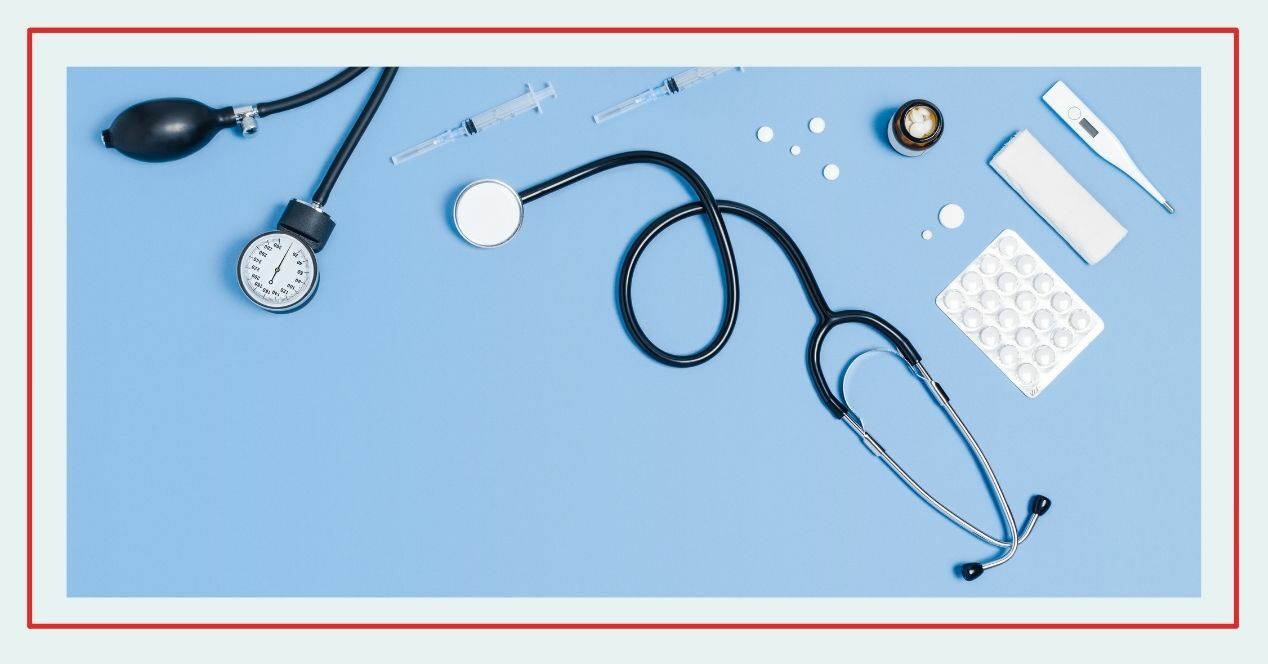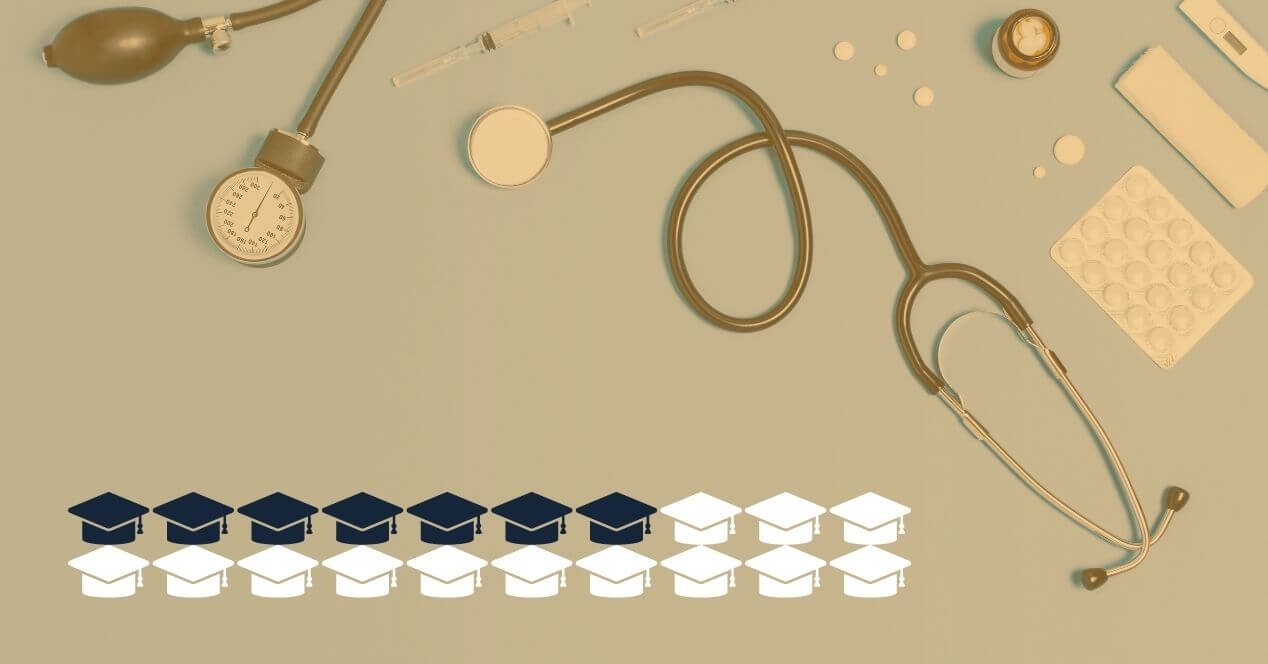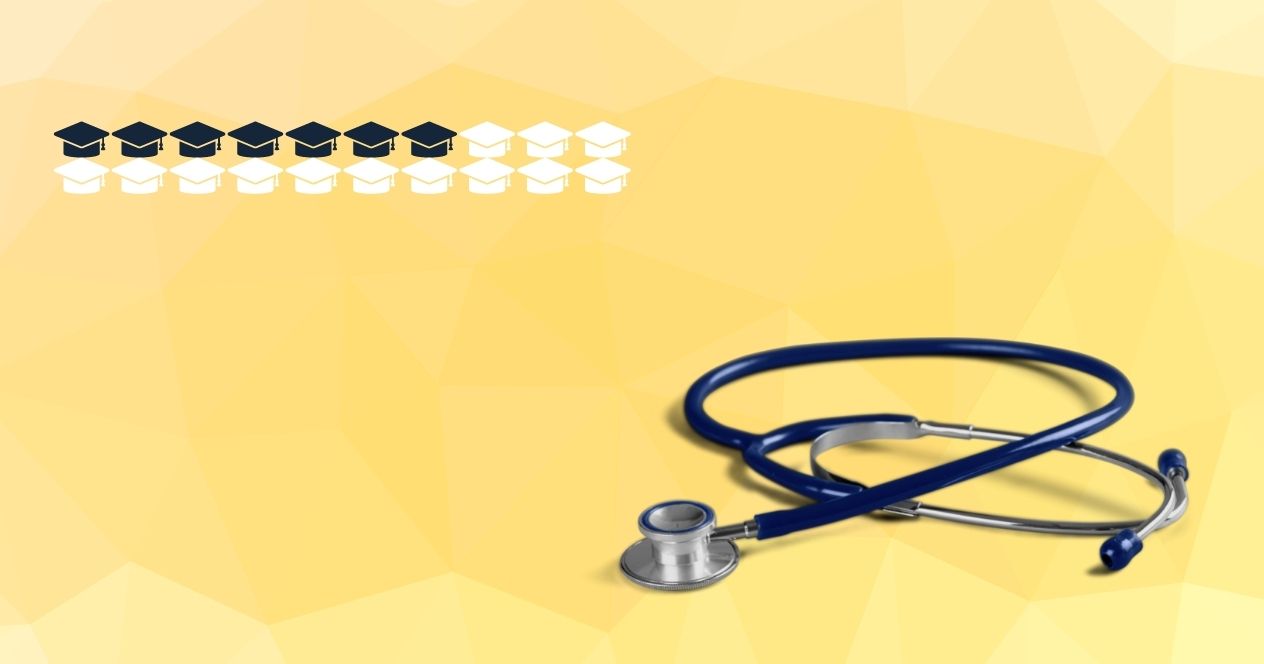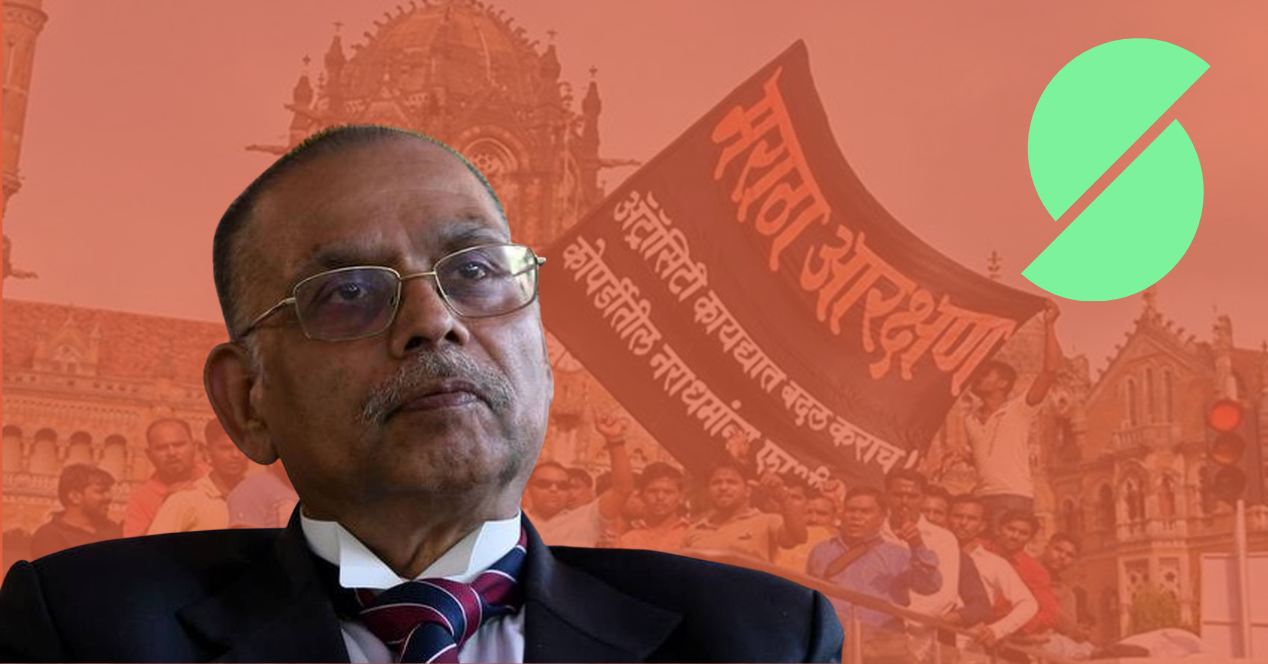Channel
SCO Explains: SC Order on OBC, EWS Reservations for PG NEET (2/4)
In this episode we explain the Court's Judgment and Order in the PG NEET Reservations case, and take you through main arguments.
Hello listeners! Welcome to SCO explains where we bring the work of the Supreme Court to you. In this episode, as part 2 of our series on reservations in PG NEET admissions, we will discuss a few important questions.
- Why did the Court allow reservations for EWS and OBC students?
- Why did the Court retain the 8 lakh income limit to decide EWS eligibility for this admission cycle?
- And finally, when will the Court discuss the validity of this criteria for future cycles?
In part 1, we discussed the doctors’ protests and why the Union Government had halted counselling for PG NEET medical admission. The resurgence of the third wave the pandemic saw the Court delivering a rushed decision, allowing OBC and EWS reservations in PG NEET admissions. Crucially, the Court allowed the Union Government to retain the 8 Lakh income criteria to decide EWS status for this admission cycle.
In today’s episode, we explain the Court’s decision and take you through main arguments in this case. In 2021 four writ petitions were filed by doctors and students, challenging OBC and EWS reservations within the All India Quota or AIQ for medical admissions. The AIQ was created by the Supreme Court to counter the trend of State governments reserving nearly all available seats for local students.
The AIQ was meant to restore merit based admissions to a system plagued with domicile reservations. Now we will examine how the Court engaged with the arguments of the petitioners in this case. Mr. Shyam Divan, representing the petitioners argued that the admissions to PG courses must be based on open competition and that specialised medical degrees must be awarded based on merit.
Justice D.Y Chandrachud, writing on behalf of the Bench said that reservations do not compromise on merit. The idea of merit must account for the social, cultural and economic advantages that a forward caste individual enjoys. It is these advantages that contribute to their performance in entrance exams.
Mr. Divan then argued that OBC candidates appearing for PG NEET had already overcome their backwardness by receiving an undergraduate degree. The Court said that while an undergraduate degree provides social and economic mobility, it does not create parity between forward and backward classes.
Mr. Divan argued that the AIQ was intended to be free from reservations and based purely on merit. The Court clarified that only domicile based reservations were barred in the AIQ. OBC reservations, on the other hand were not. Finally, the Court said that even though it had created the AIQ in an early judgment, its permission was not necessary to create reservations within this category. Reservations are a policy matter.
The Court allowed 27% reservations for OBCs in this admission cycle, as well as future admission cycles. However, the story of how the Court allowed reservations for EWS candidates is slightly more complex. EWS reservations in public employment and education was introduced in 2019 through the Hundred and Third Amendment to the Constitution.
The State was allowed to provide reservations of up to 10% for economically weaker sections in addition to existing reservations for SC/STs and OBCs. There are several petitions challenging EWS reservations.
However, in this case, what was being challenged were EWS reservations within the AIQ. What was particularly contentious was the use of the 8 Lakh income limit to determine eligibility for EWS reservations. The government claimed that the 8 Lakh income limit was devised on the basis of the Major Sinho Commission Report. The Commission was formed in 2006 to study economic backwardness among the general category. In 2010, it came out with a report recommending that the limit for taxable income should be used to decide if a candidate is economically backward.
The report also recommended that the government devise policies, other than reservations for economically backward citizens, such as skill-building and improving health and sanitation facilities.
The Court remained sceptical of how the government had arrived at the 8 Lakh income limit. In early December, the government agreed to form a fresh committee to review this criteria. This expert committee reviewed the 8 Lakh criteria and after three weeks, submitted a report suggesting that this criteria be retained. In the last few hearings of this case, the Court questioned the findings of this expert committee. The report did not seem to explain the basis for this criteria.
Despite being unconvinced by the reasoning of the report, the Court’s Interim Order allowed EWS reservations, with the 8 Lakh income limit for the upcoming admission cycle.
The Interim Order provided two reasons as to why it allowed EWS reservations in the 2021 cycle. First, it said the PG admissions for dental courses had already been conducted with EWS reservations and not allowing EWS reservations for PG NEET would create a disparity.
Second, the code said that it could not interfere with EWS reservation policy at this stage when it was not convinced that it is prima facie arbitrary. The Court had not heard arguments extensively enough to decide on prima facie arbitrariness.
The Court will decide the future validity of the income limit in March. As of January 30th, PG NEET medical admissions have been completed, providing some relief in the wake of the resurgence of COVID-19. However, several questions remain unanswered. What criteria must be used to determine eligibility for EWS status?
What factors must the State take into consideration in devising these criteria? Is the 8 Lakh income limit over-broad? And most importantly, how do reservations for EWS candidates affect our jurisprudence on affirmative action? Hopefully the Court will answer these questions in March, meanwhile, at SCO, we will have conversations with experts and academics, where we unpack these questions.
Thank you for listening to this episode of SCO explains. For more updates on Supreme Court, follow scobserver.In.




